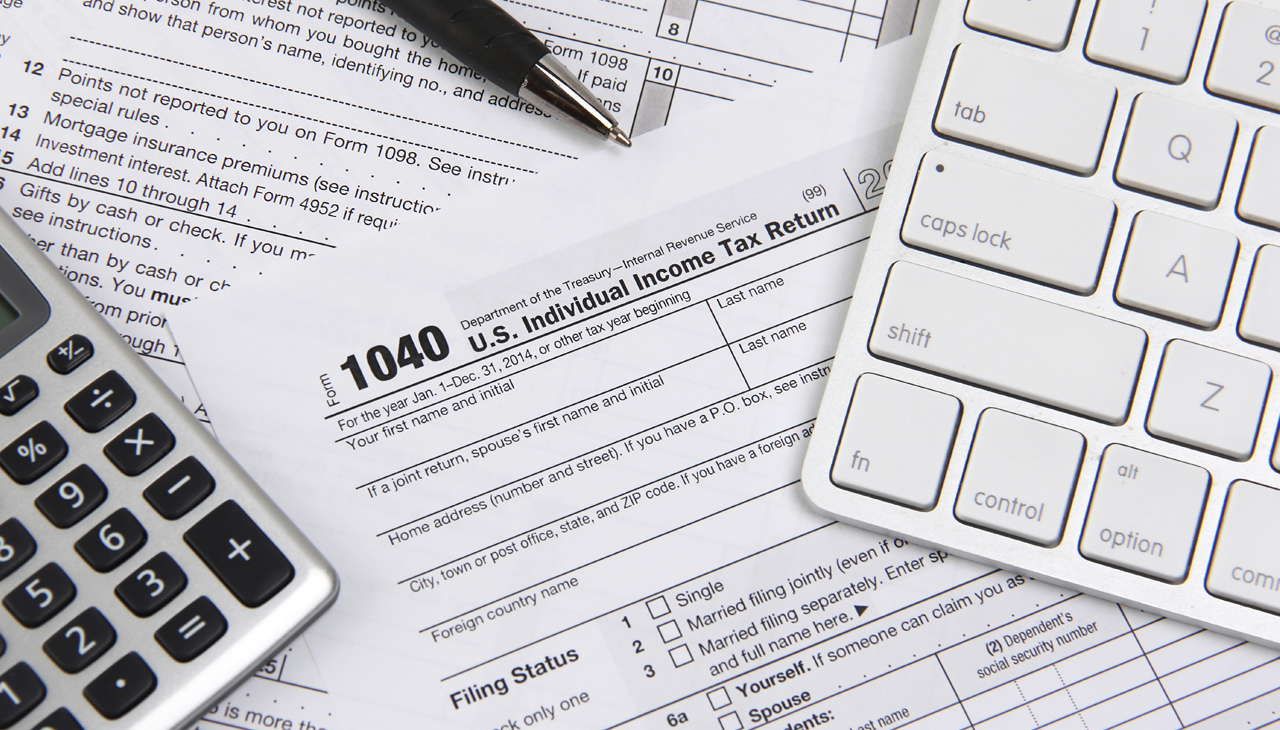
The importance of tax planning
Having a plan when filing taxes, particularly as it relates to retirement, can lead to maximum benefits.
Each year during tax season, it’s important to have a plan and tax strategy to ensure things run smoothly.
To prepare an effective tax plan, there are many options to consider.
Lisa Borrelli, a CPA and wealth planner at West Capital Management, provides five important options to consider when developing an effective tax strategy.
RELATED CONTENT
She noted that a valuable component to that is to set retirement goals, and begin implementing them while considering the following options:
- Efficient Contributions: Comprehensive tax planning provides an avenue to maximize today’s savings while creating income for tomorrow. Roth 401(k) and Roth IRAs are great tools to save for future retirement, and are particularly beneficial for young workers early in their careers.
- Roth Conversions: For workers who don’t anticipate a dip in income until the early retirement years, they are a great way to smooth income, slightly increase tax brackets in the present time, while lowering tax brackets in the future.
- Additional Retirement Contributions: For individuals who see availability for additional retirement contributions based on their goals, there are other options. They include Self-Employed Pension Plans (SEP), Profit Sharing Plans, and Nondeductible and Deductible IRA contributions.
- 529 Plans: This involves moving assets to young children, which can result in more tax. 529 Plans allow assets to be gifted to children with growth and exempt from Federal tax if the funds are used for qualified education expenses.
- Maximize Tax-efficient Charitable Giving: Qualified Charitable Deductions provide a reduction to ordinary income, which carries a greater impact in tax reduction than charitable giving. When taxpayers are not required to draw from an IRA, it can be more beneficial than cash.
For small businesses relying on a tax refund to keep cash flowing, there are also some steps that can be taken to minimize the impact of a refund delay.
Jeremy Shackleford, senior vice president and director of small business sales at WSFS Bank, suggests the following:
- Get Started Now: The earlier you start your taxes, the better your chances are of avoiding long-term refund delays.
- Have Everything Ready: Having all your financial documentation ready can go a long way in ensuring the tax filing can occur on time.
- Have Your Financial House in Order: For businesses that rely on tax refunds, options such as small business lines of credit, small business express loans, small business credit cards, can be useful in helping bridge the gap between once the taxes are filed and the refund arrives.
While every individual’s and business’ financial and tax situations are unique, these tips can go a long way in ensuring that minimal issues occur throughout the tax season.











LEAVE A COMMENT: